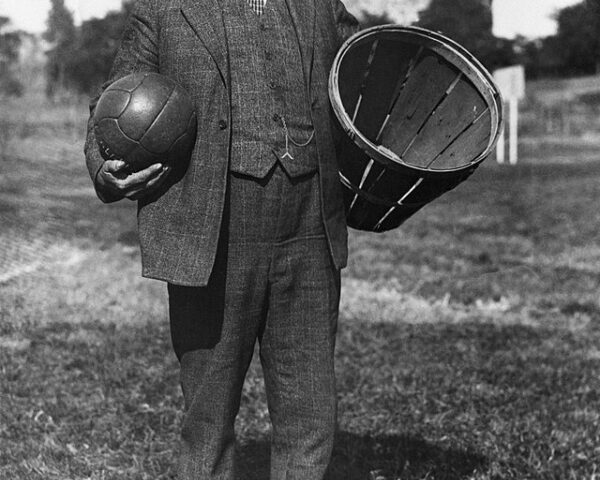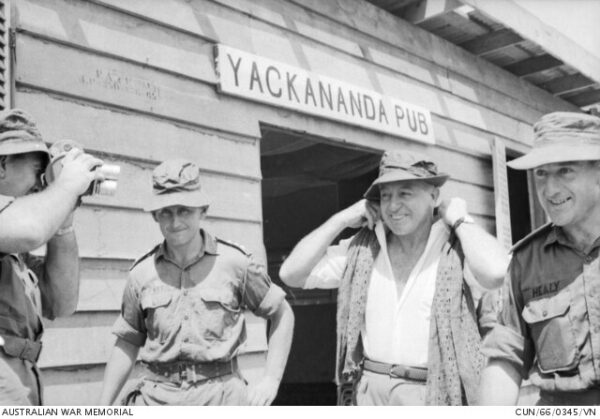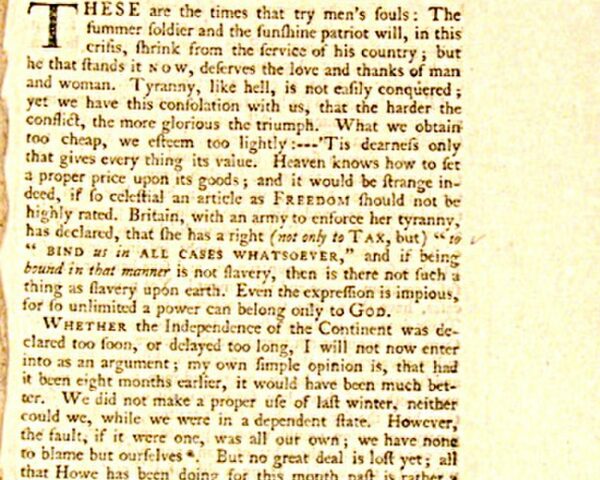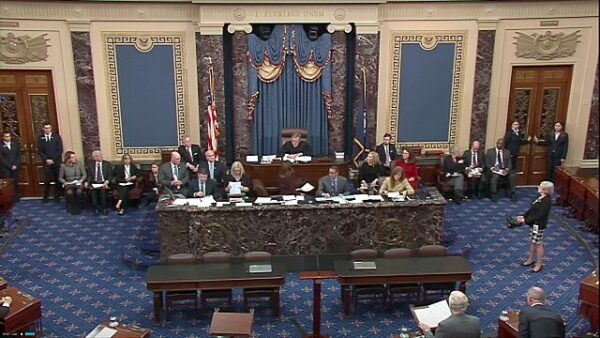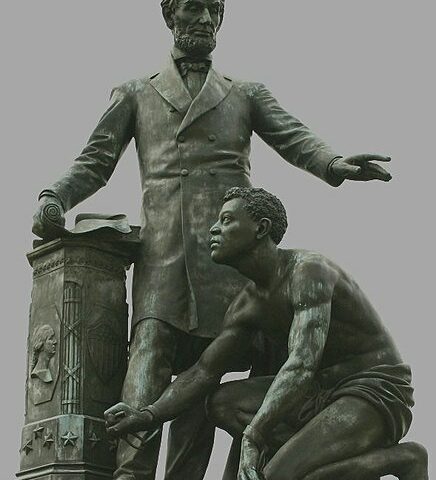On December 21, 1891, in a modest gymnasium at the International YMCA Training School in Springfield, Massachusetts, a group of restless students unknowingly participated in a moment that would reshape sports history. James Naismith, a Canadian-American physical education instructor, had developed a new game…
Read MoreIn the winter of 1970, an American legend was born that shaped the future of air combat forever. The prototype of the Grumman F-14 Tomcat soared into the skies on December 21, 1970. This inaugural flight marked the genesis of a game-changing chapter in…
Read MoreOn December 20, 1803, in a modest ceremony in New Orleans, American officials formally took possession of the Louisiana Territory, completing what would become one of the most consequential land transfers in world history: the Louisiana Purchase. With that act, the United States doubled…
Read MoreOn December 20, 1989, the United States initiated Operation Just Cause, a military invasion of Panama with the goal of removing Manuel Noriega from power. This event was a significant milestone in U.S.-Latin American relations, demonstrating the American military’s capacity to carry out a…
Read MoreOn December 19, 1606, three small ships slipped their moorings in England and headed west into the Atlantic, carrying with them an experiment whose consequences would reshape world history. The Susan Constant, the Godspeed, and the Discovery departed under the authority of the Virginia…
Read MoreOn December 19, 1967, authorities declared Harold Holt, the 17th Prime Minister of Australia, “presumed dead” after he mysteriously disappeared two days before, forming one of the most enduring puzzles in Australian political history. On that fateful day, Holt went for a swim at…
Read MoreOn December 19, 1776, Thomas Paine published the first of his series of pamphlets titled “The American Crisis” in The Pennsylvania Journal. This work marked a pivotal moment in the American Revolution. Beginning with the now-iconic line, “These are the times that try men’s…
Read MoreOn December 18, 2019, the United States House of Representatives voted to impeach President Donald J. Trump, marking only the third time in American history that a sitting president had been formally charged with “high crimes and misdemeanors.” The vote followed a bitter, fast-moving…
Read MoreDecember 18, 1865, Secretary of State William Seward officially proclaimed the Thirteenth Amendment ratified, officially ending slavery in the United States. Seward’s announcement was especially fulfilling to the New Yorker, who had spent much of his adult life fighting for the end of slavery.…
Read MoreOn December 17, 1903, on a cold, wind-swept stretch of sand near Kitty Hawk, North Carolina, two bicycle makers from Dayton, Ohio quietly altered the trajectory of human history. Orville and Wilbur Wright achieved what generations of inventors, engineers, and dreamers had failed to…
Read More

